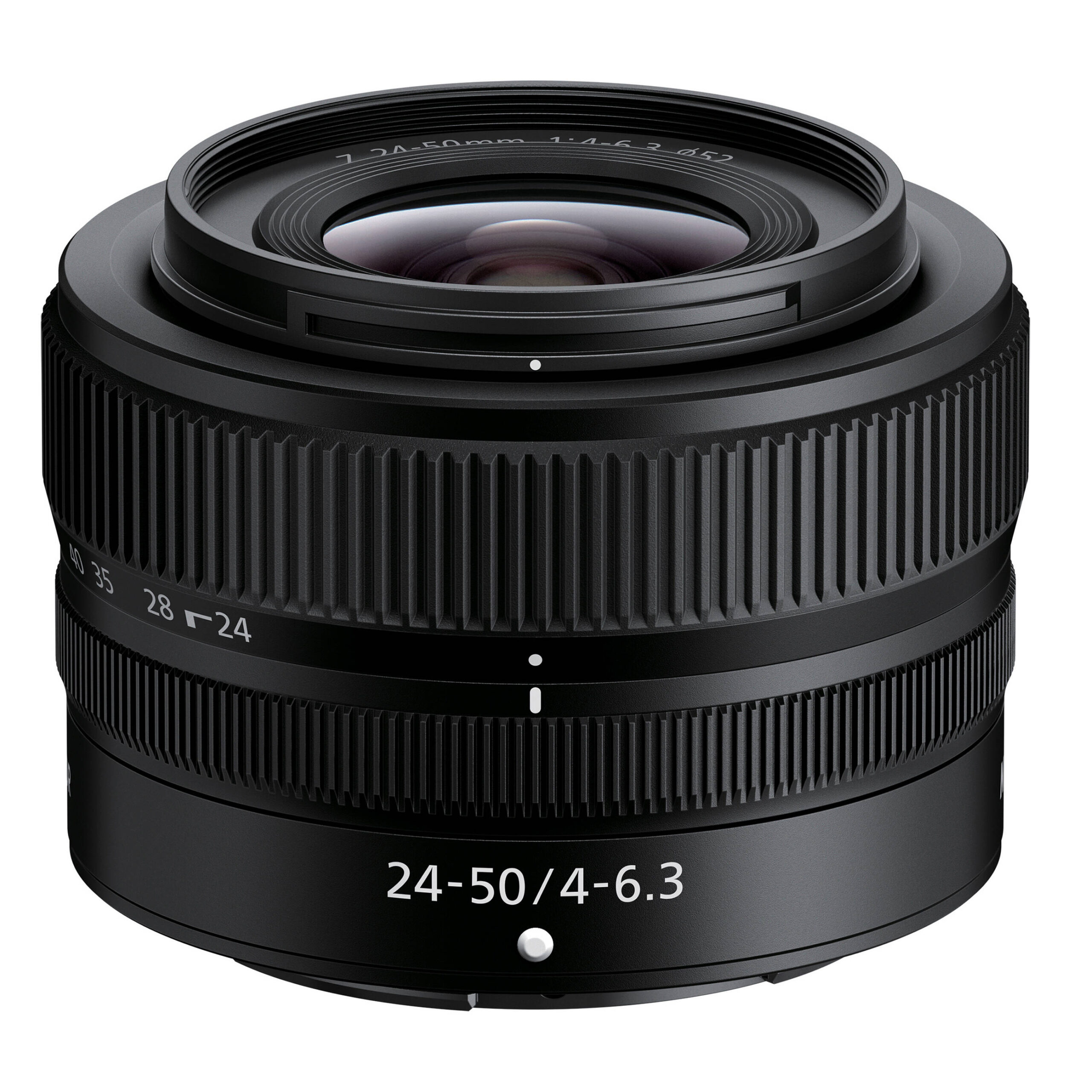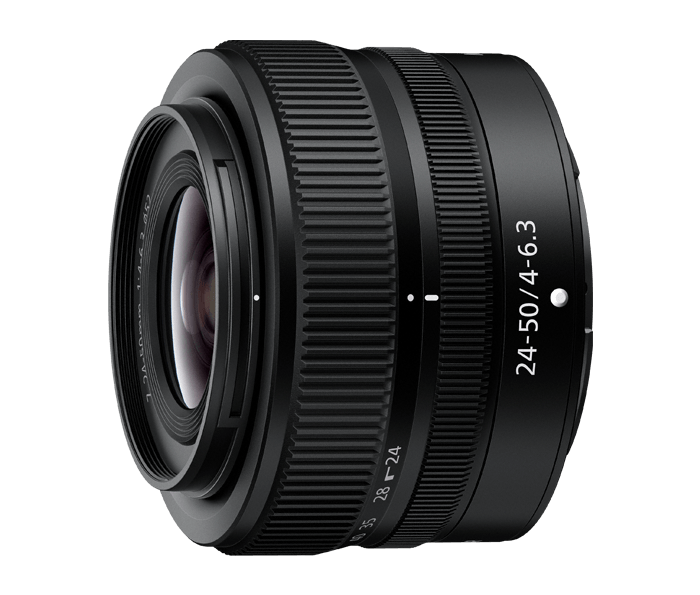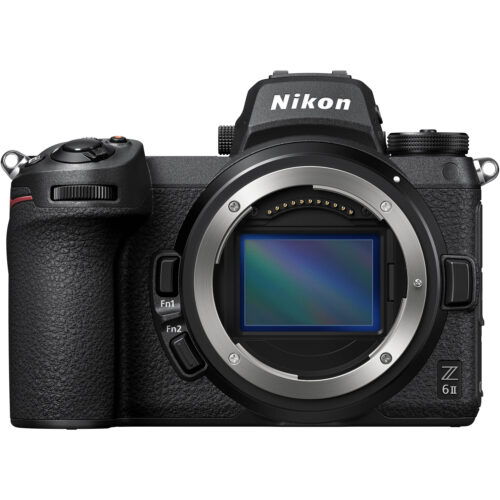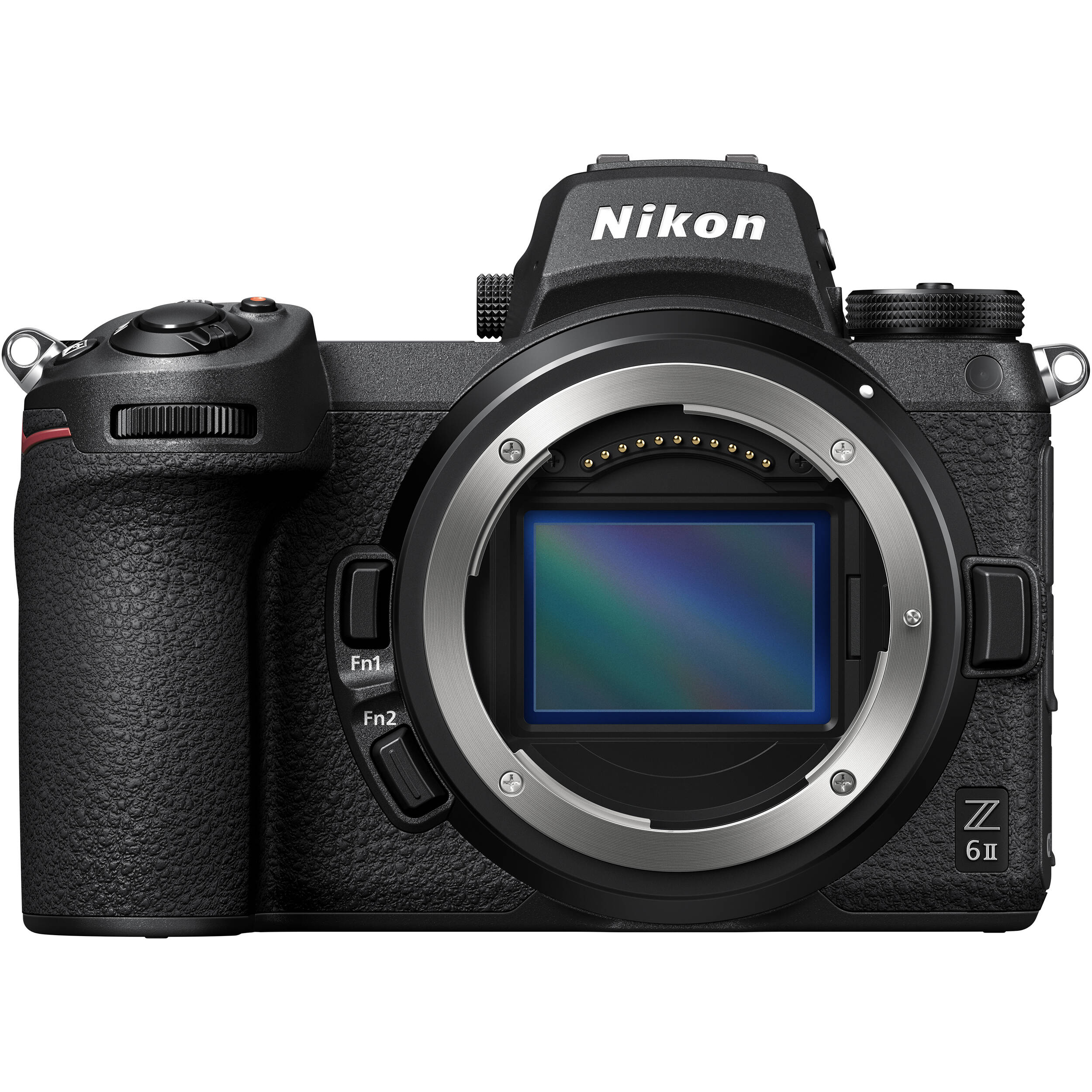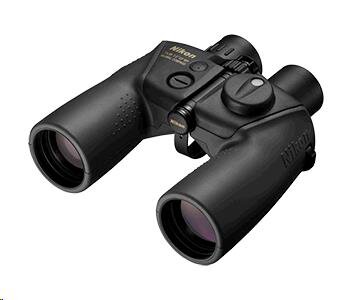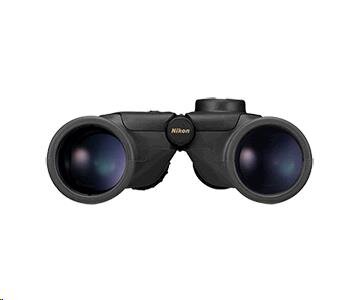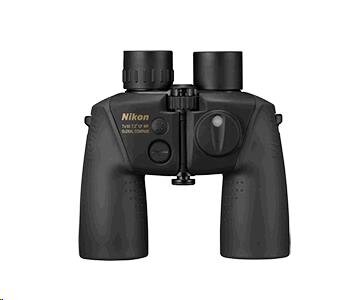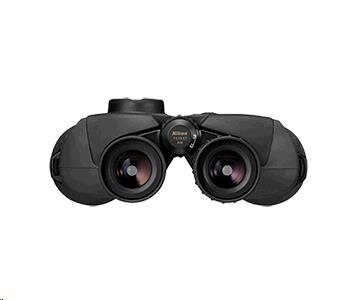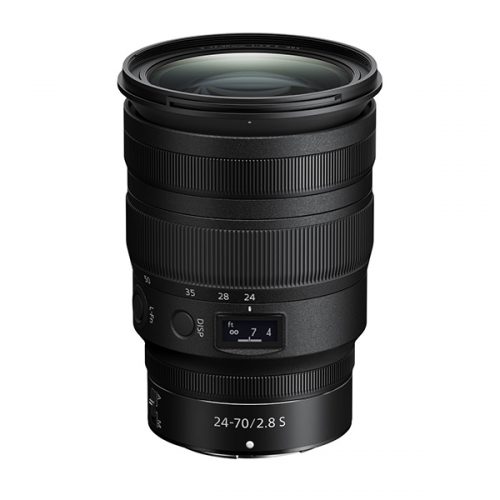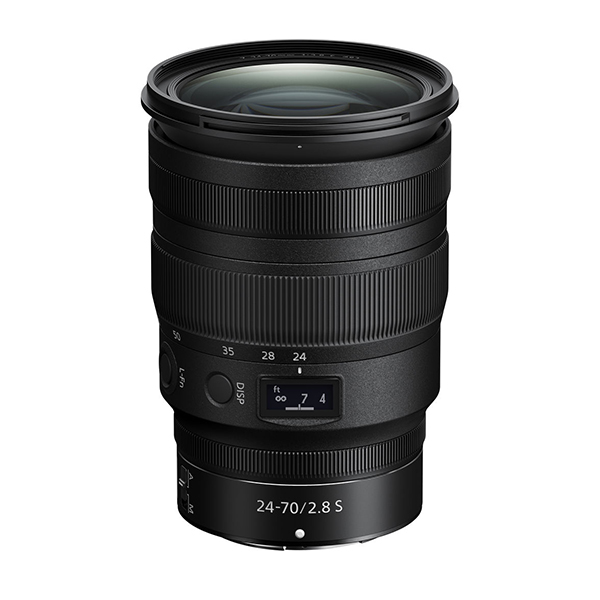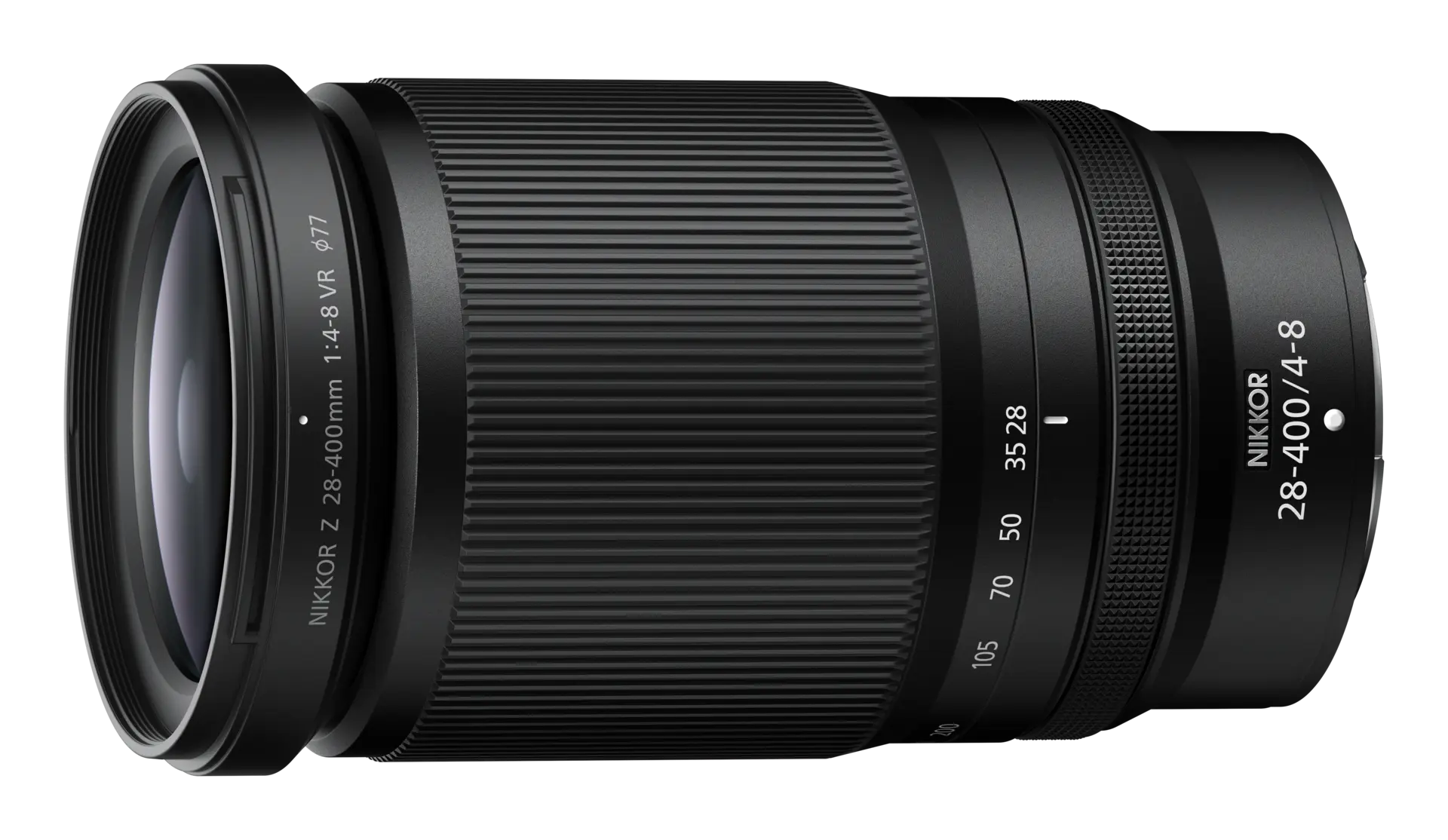Description
JMA712DA

Small lens. Big performance.
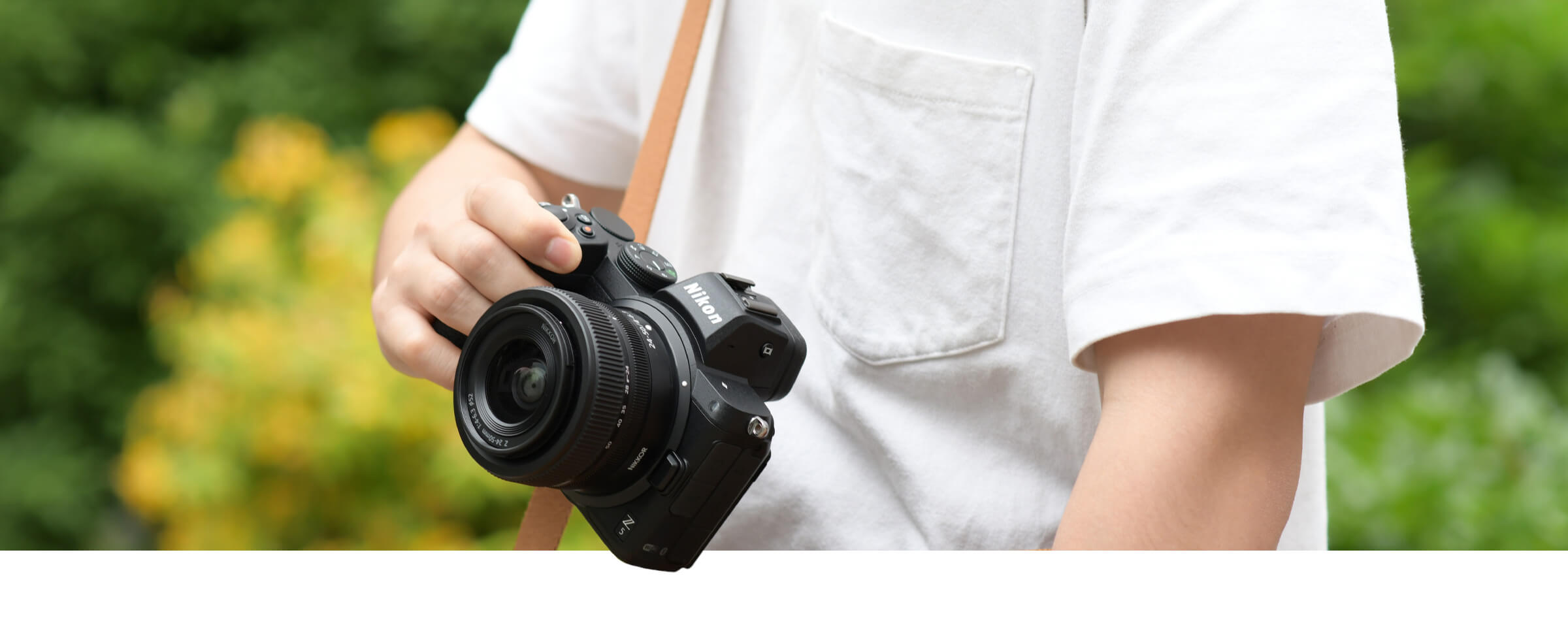
Easy to carry. A thrill to shoot.
The NIKKOR Z 24-50mm f/4-6.3 packs big optical performance into the shortest, lightest full frame standard zoom lens in its class*. At its widest, 24mm, it’s great for street photography, interiors and landscapes. Zoom in to 50mm and capture beautiful portraits, product images and everyday snapshots.
*As of July 2020; according to Nikon research.
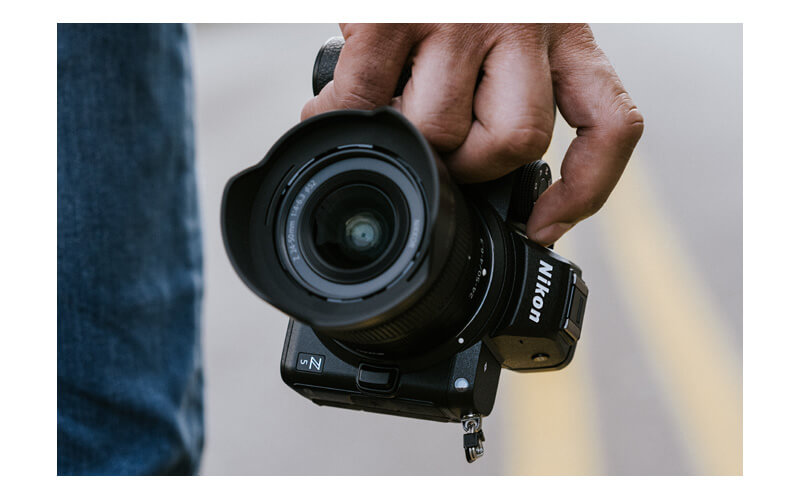
Street ready.

Edge-to-edge brightness.
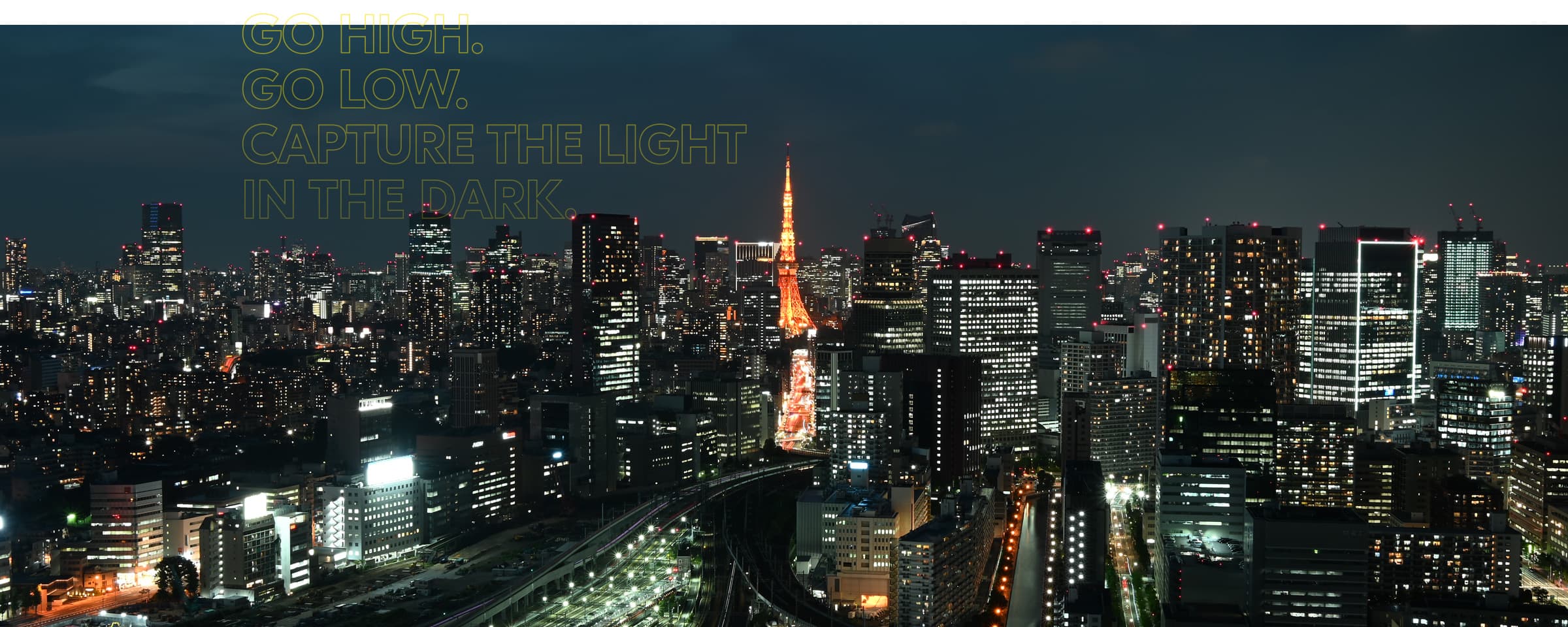
High contrast, low distortion.

Near silent.
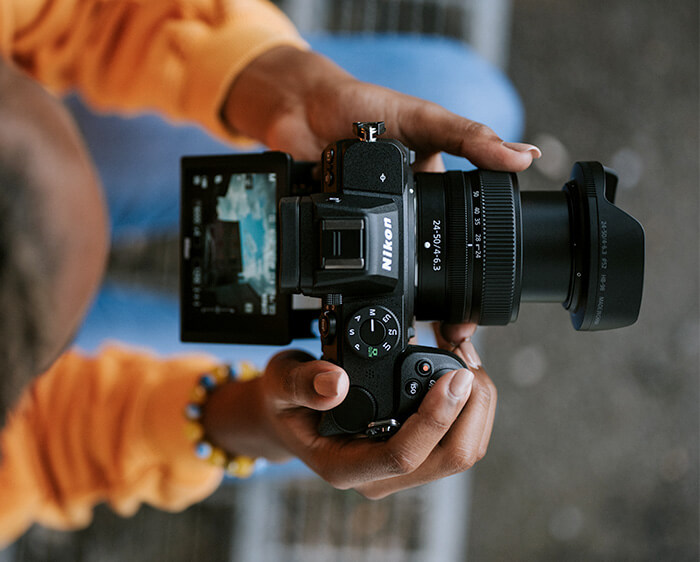
No focus breathing.

Get close.

Smooth, click-free iris control.
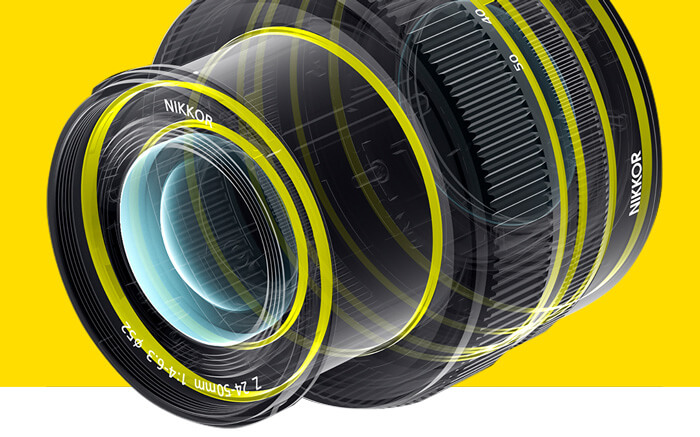
Solid design.
The NIKKOR Z 24-50mm f/4-6.3 is designed to optimize dust- and drip-resistant performance* — with a sealing that prevents dust and water droplets from entering the lens.
*Dustproof and waterproof performance is not guaranteed under all conditions.
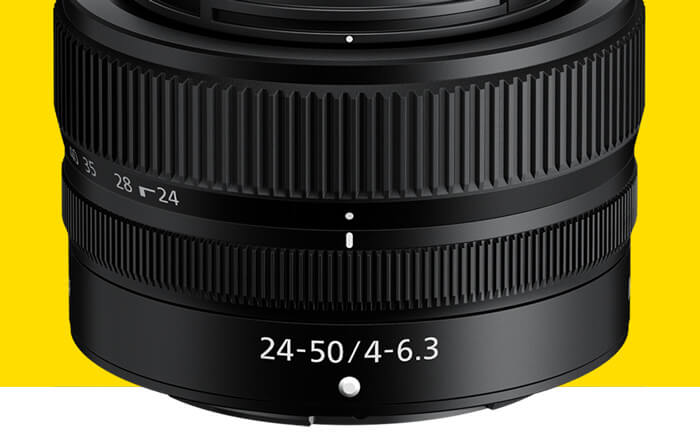
Custom control ring.
Technology
-
Stepping Motor
NIKKOR Z lenses use a stepping motor for fast, accurate, smooth, quiet autofocus with reduced wobbling. This quiet drive system makes the lenses ideal for use when shooting video. -
ED (Extra-Low Dispersion) Glass
An optical glass developed by Nikon that is used with normal optical glass in telephoto lenses to obtain optimum correction of chromatic aberrations. -
Aspherical Lens
A lens with a curved, non-spherical surface. Used to reduce aberrations and enable a more compact lens size. Aspherical lenses minimize coma and other types of lens aberrations, even when used at the widest aperture. They are particularly useful in correcting distortion in wide-angle lenses and help contribute to a lighter, more compact design by reducing the number of standard (spherical) elements necessary. Aspherical lens elements correct these distortions by continuously changing the refractive index from the center of the lens. -
Electromagnetic Diaphragm Mechanism
An electromagnetic diaphragm mechanism in the lens barrel provides highly accurate electronic diaphragm or aperture blade control when using auto exposure during continuous shooting. -
IF Lens
A NIKKOR lens in which only the internal lens group shifts during focusing. Thus, IF NIKKORS do not change in size during AF operation, allowing for compact, lightweight lenses capable of closer focusing distances. These lenses will be designated with the abbreviation IF on the lens barrel. -
Super Integrated Coating
Nikon Super Integrated Coating is Nikon’s term for its multilayer coating of the optical elements in NIKKOR lenses.
Specifications
Mount Type Nikon Z Mount
Focal Length Range 24 – 50mm
Zoom Ratio 2x
Maximum Aperture f/ 4-6.3
Minimum Aperture f/ 22-36
Format FX
Maximum Angle of View (DX-format) 61˚
Minimum Angle of View (DX-format) 31° 30′
Maximum Angle of View (FX-format) 84˚
Minimum Angle of View (FX-format) 47°
Maximum Reproduction Ratio 0.17x 50mm zoom position
Lens Elements 11
Lens Groups 10
Diaphragm Blades 7 Rounded diaphragm opening
ED Glass Elements 2
Aspherical Elements 3
Super Integrated Coating Yes
Autofocus Yes
AF Actuator STM (stepping motor)
Internal Focusing Yes
Minimum Focus Distance 1.15 ft. (0.35m) from focal plane at all zoom positions
Filter Size 52mm
Approx. Dimensions (Diameter x Length) 2.9 in. (73.5 mm) x 2.1 in. (51 mm)
Distance from camera lens mount flange
Based on CIPA guidelines
Approx. Weight 6.9 oz. (195 g)
Based on CIPA guidelines
Lens Type Zoom

